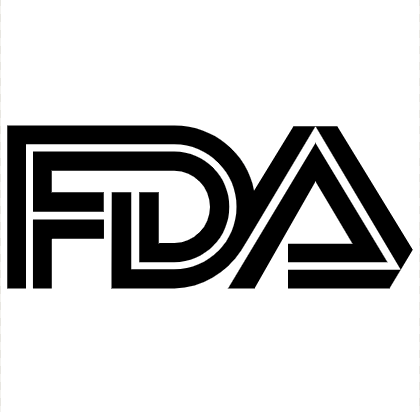Article
FDA Approves Nasal Antihistamine for Non-Prescription Use
The first-in-class indication allows for patients to switch from partial-prescription use to over-the-counter with azelastine hydrochloride nasal spray.

The US Food and Drug Administration (FDA) has approved nasal antihistamine azelastine hydrochloride nasal spray 0.15% (Astepro) for nonprescription use in persons ≥6 years old.
The indication, granted to Bayer Healthcare, allows for patients who had received a “partial prescription” to switch to nonprescription use of the allergy nasal spray in treating seasonal and perennial allergic rhinitis.
The new decision is based on data proving azelastine hydrochloride’s safety and efficacy as a self-medicating product, as directed in proposed labeling for the therapy. In order to assure nonprescription benefit and safety, manufacturers were also required to show consumer capability in use without healthcare provider supervision.
Per the FDA, the approval is a first-in-class switch for a nasal antihistamine, but due to its 0.1% is considered a partial switch. As such, the perennial allergy indicated used for children 6 months to 6 years old, and seasonal allergy indication for children 2-6 years old remains prescription-based.
Azelastine hydrochloride includes a label warning stating that users should avoid alcoholic drinks and to use caution when operating a motor vehicle or machinery, due to drowsiness associated with the drug.
In a statement accompanying the switch indication, Theresa M. Michele, MD, director of the office of nonprescription drugs in the FDA Center for Drug Evaluation and Research, highlighted the significance of the bolstered availability of the antihistamine nasal spray.
“Seasonal and perennial allergies affect millions of Americans every year, causing them to experience symptoms of nasal congestion, runny nose, sneezing and more,” Michele said. “Today’s approval provides individuals an option for a safe and effective nasal antihistamine without requiring the assistance of a healthcare provider.”





